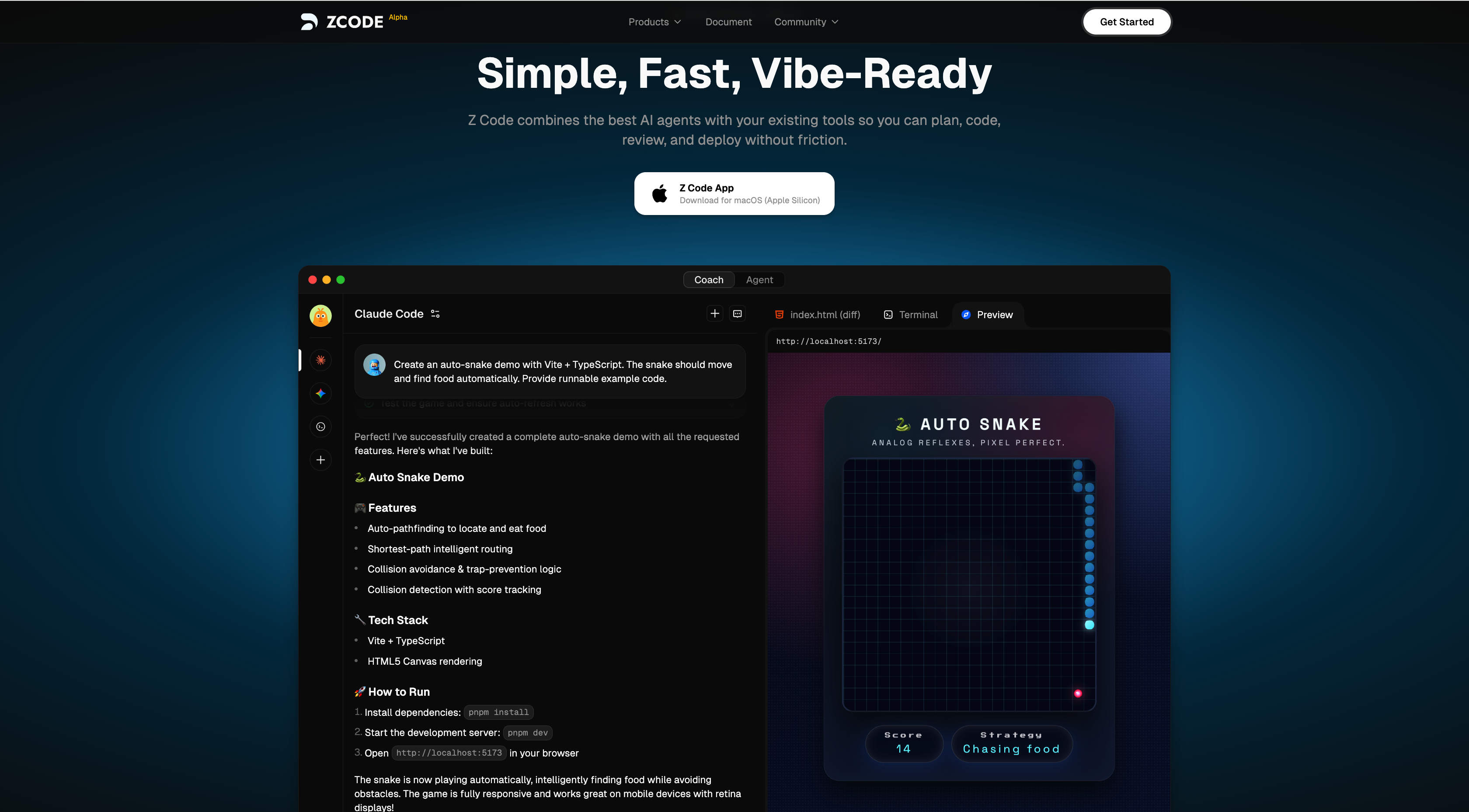Recently, YouTube announced that it is developing new tools aimed at helping creators better manage and protect their voices and images, especially under the influence of generative artificial intelligence. This initiative is intended to enhance creators' control over their content while also encouraging responsible development in the use of AI.
One of the new tools is called "Synthetic Singing Recognition Technology," which can help artists and creators automatically detect content that uses generative AI to mimic their singing voices.

YouTube stated that this technology will be integrated into the existing copyright identification system—Content ID—with pilot testing expected next year.
This decision is part of the commitment YouTube made to music record companies last November, aiming to provide musicians with a means to deal with AI cloning. With the rapid advancement of generative AI music tools, many artists are concerned about their potential use in plagiarism, imitation, and copyright infringement.
Earlier this year, over 200 artists, including Billie Eilish, Pearl Jam, and Katy Perry, jointly issued an open letter, calling unauthorized AI-generated imitations an "attack" on human creativity and demanding stronger accountability in AI development to protect performers' livelihoods.
In addition to this tool, YouTube is also developing technology to identify deepfake videos on the platform, including the facial features of creators, actors, musicians, and athletes. Although this system is still under active development, YouTube has not disclosed when it will be launched.
Furthermore, YouTube has stated that it will take measures to combat the unauthorized scraping of platform content to build AI tools. They explicitly stated that unauthorized access to creator content violates our terms of service.
However, companies like OpenAI, Apple, Anthropic, Nvidia, Salesforce, and Runway AI continue to use scraped YouTube videos to train their AI systems. To protect creators, YouTube will block scrapers from accessing its platform and invest in scraping detection systems.
YouTube stated in a declaration: "As AI advances, we believe it should enhance human creativity, not replace it." They pledged to continue working with partners to ensure that future technological advancements amplify creators' voices and continuously develop relevant protective measures.
At the same time, YouTube is also developing new ways for creators to choose how third-party AI companies use their content on the platform, with more details to be announced later this year.
Official Blog: https://blog.youtube/news-and-events/responsible-ai-tools/
Key Points:
🎤 New Tool: YouTube introduces Synthetic Singing Recognition Technology to help creators identify AI-simulated singing content.
🛡️ Deepfakes: YouTube is developing technology to identify deepfake videos, protecting creators' images.
🚫 Combating Scraping: YouTube commits to strengthening the fight against unauthorized content scraping to safeguard creators' rights.










